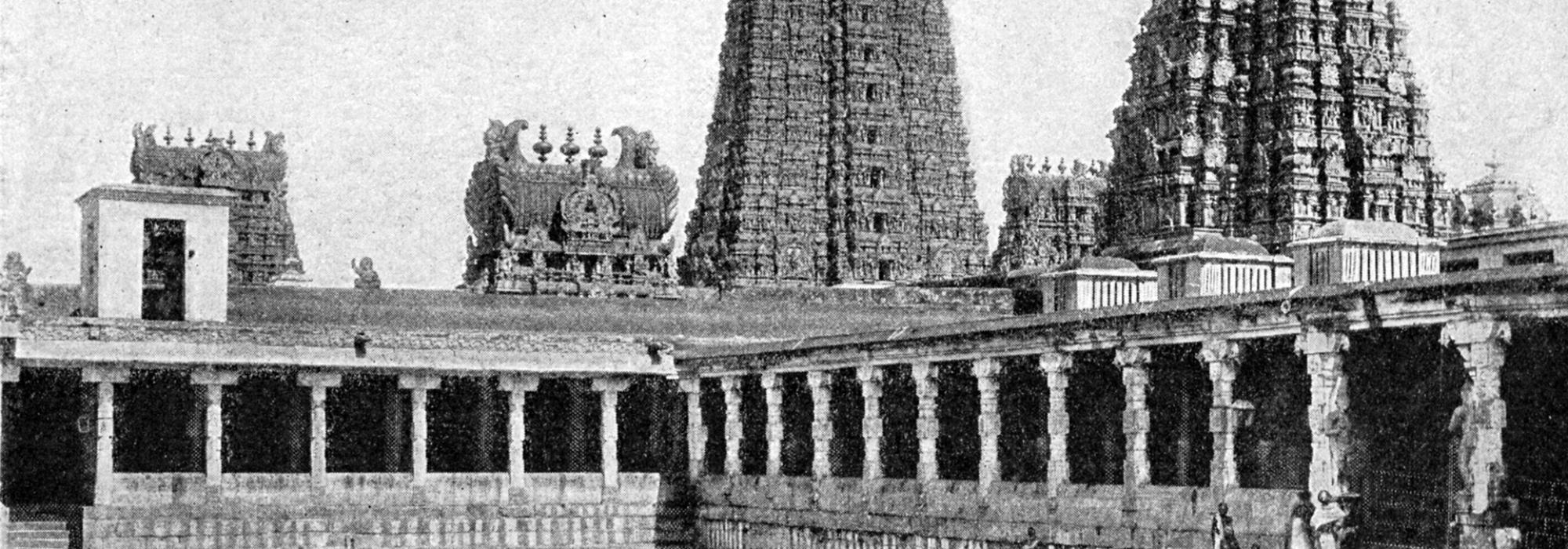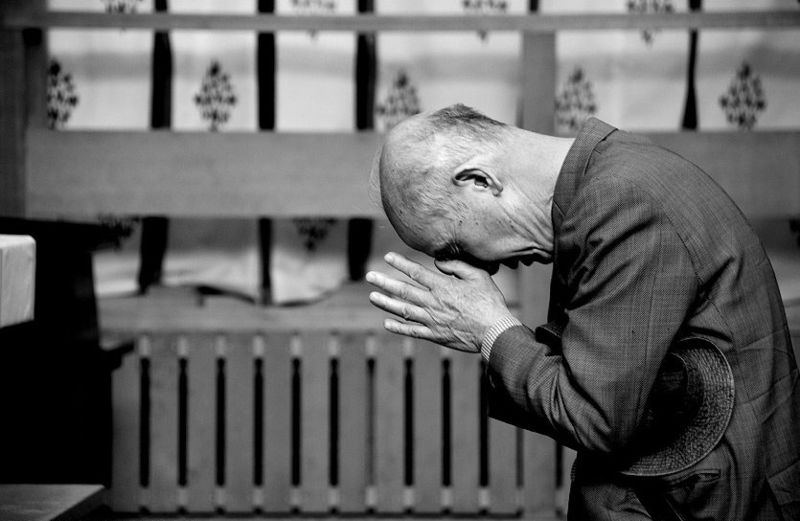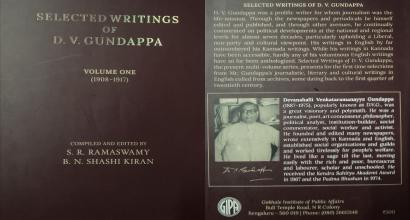It seems to me that we Indians are quite talented at criticism. Rapier-sharp logic and critical reasoning has been a part of our heritage for millennia. Such criticality, in the right measure leads us to growth, but in excess leads us to pessimism, cynicism and eventually inaction. I often hear people complain about several historical blunders that we have committed and how it has brought us down, but I rarely get to hear solutions (especially ones we can implement at a personal level).
I have always been interested in solving problems by myself. I want to make a change in my own, humble way. Neither do I have the hope nor the patience to see a large-scale systemic change. So I venture to find my own solutions to remedy some of the blunders of the past and present (in no particular order).
Blunder #1. Sanskrit was not made the national language of India
“The Sanskrit language, whatever be its antiquity, is of a wonderful structure; more perfect than the Greek, more copious than the Latin and more exquisitely refined than either...”
– Sir William Jones, English judge, philologist, and founder of the Asiatic Society
Even an armchair linguist will know the power and depth of the Sanskrit language. Not only is Sanskrit the mother of many Indian languages, it has also nurtured several languages of India like a mother. It appears that language shapes the way in which we think and learning a richer language from childhood means that we will have the ability to think in so many more layers.
Children have a great faculty for learning languages and multi-lingual kids are better at certain specialized skills. Indian kids often learn 2-3 languages from childhood; teaching them Sanskrit will only make their learning experience richer. Even adults—especially those who are well-versed with an Indian language—can pick up Sanskrit with relative ease.
In my travels through India, I have always found such diversity that sometimes it is difficult to believe it’s the same country and not different princely states. At the same time, we feel some common thread connecting this diversity. I think that historically it was sanatana dharma and Sanskrit that was common to all parts of India (and Pakistan, Bangladesh, Nepal, Southeast Asia, etc.)
Blunder #2. Caste system based on birth rather than based on occupation
“I have a dream that my four little children will one day live in a nation where they will not be judged by the color of their skin but by the content of their character.”
– Martin Luther King Jr., US-American clergyman and civil rights activist
What started off as a social order based on occupation and for convenience, at some point turned into a rigid caste system determined solely by the birth of an individual. We’ve had much fiasco about the caste system for many years and it’s time to move on. We may not be able to change the governmental policies on reservation or the persecution of social outcastes in some parts of India, but we can surely decide that we will stop this idea right here and now.
Let’s not talk about castes and distinctions at our dinner tables, let’s not teach our children the idea of a division based on birth and let’s not perpetuate by any means this ignorant idea of division among humans when Nature herself teaches us to live united as one family. If we avoid this social engineering, at least there is hope that our next generation will steer clear from distinctions.
Blunder #3. The unscrupulous mass media
“Television is not the truth! Television is a God-damned amusement park! Television is a circus, a carnival, a traveling troupe of acrobats, storytellers, dancers, singers, jugglers, side-show freaks, lion tamers, and football players. We’re in the boredom-killing business!”
– The character of Howard Beale in the 1976 movie 'Network'
The various sources of news—newspaper, television, radio, magazines and websites—have often proved to be unreliable because of their excessive leaning towards commercials and sensationalism rather than the truth. It seems that more drivel has been generated in the past few decades than in all history. Another problem with the media is their general disregard of serious academicians and their encouragement of so-called intellectuals while dealing with any topic of current interest.
With fact and fiction so finely jumbled up in the daily news, it calls for considerable effort to just get data, let alone information. A solution to this would be to avoid the mainstream sources of information and read more reliable sources like researched reports and peer-reviewed journals. And even if we have to come in contact with mainstream media, let us never forget that it’s just “boredom-killing business.”
Blunder #4. Naivety about our religions
“In the modern world, art is a good replacement for religion.”
– Prof. Mysore Hiriyanna, Indian philosopher and writer
India is a melting pot of several religions and one of the most common refrains of the average educated Indian is “oh, in any case, all religions are the same.” Sadly, this is not true. Religions are all different just as fruits are all different or languages are all different. Some religions are closer to each other (say, Hinduism and Buddhism) and some are very far (say, Scientology and Cheondoism) but all religions are not the same. Many such politically correct theories are doled out by people in universities, academic centers and government bodies. There is hardly a religious or historical discourse that isn’t motivated by political agenda. Therefore, it’s hard to trust anyone.
I think that if we truly want to know about the religions in India, we have to go through the sacred texts (especially primary sources) of each religion and understand them deeply. It calls for a serious study. Anything short of that is dangerous because it leads us to half-baked conclusions. (The same applies to the study of Indian history.)
In case we don’t have the patience for that, it is better to altogether keep aside religion and focus our energies more on art, science, environment, society, education and technology. It is better to be practical and non-religious than a pseudo-secularist or a religious fundamentalist in order to promote some selfish agenda.
Blunder #5. Lack of self-respect
“England is perhaps the only great country whose intellectuals are ashamed of their own nationality. In left-wing circles it is always felt that there is something slightly disgraceful in being an Englishman and that it is a duty to snigger at every English institution, from horse racing to suet puddings.”
– George Orwell, British novelist and essayist
What George Orwell wrote in 1941 about England pretty much holds good for India. I always wonder when I read this quote if self-despise was yet another gift to us from the British or was this trait in us already.
When we look at the way the Western world has preserved the houses of Einstein or Mozart, the jewels and paintings of the past, and of course the relics and monuments, we can clearly see how much they respect their heritage. In India, when we see our monuments or the house of our great musicians and scientists, we see the apathy and the negligence.
Some ways to remedy this: we could share our experiences from our travels to different great locations in India; we could intervene—without anyone needing to thrust the responsibility on us—when we see some people messing around in heritage sites; we could take our children to nearby sites of cultural value rather than blindly going to a resort for a vacation; we could go with friends to various heritage sites after learning about it through books and magazines in order to have a meaningful visit. Let us be happy about our grand heritage – not too many other people have this privilege!
Blunder #6. Lack of bravery
“Don’t be a coward, Arjuna; that’s not right for you. Arise, awake, and abandon your timidity, O destroyer of enemies!”
– Krishna in the Bhagavad-Gita (2.3)
For many years now, India has been a sitting duck for invaders. The medieval and modern history of India is filled with stories of invasions and bloodshed. Even now with the war on terror, India has been quite unsuccessful in avoiding damage. Of course there are great examples of bravery in Indian history but over the years, it has seen a drop and we have been unable to protect ourselves.
Again, what is that one can do at a personal level? Our whole education system is so academic in nature and is just a means to develop the brains, and specially the left brain. Paraphrasing the words of Sir Ken Robinson, our bodies have become vehicles to carry around our brains to work. India is the home to yoga and martial arts – both of which are powerful ways to integrate body and mind so as to give an optimum experience of flow (see the works of Mihaly Csikszentmihalyi). We can easily equip ourselves to face situations in our daily life, if not wage a big war. We can attend workshops for civil courage and become more active in our dealing with injustice at the smaller levels.
In sum, I have found that it doesn’t take considerable effort to complain about the Government or the bureaucracy or the judiciary; it surely takes effort to make a change by oneself. But I can assure you, it’s worth it. Every bit.










































Comments